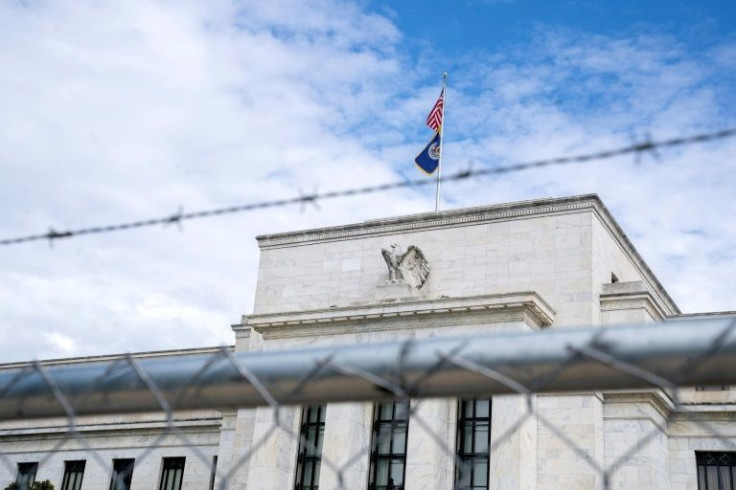Republicans Think We Are In A Recession; Democrats Think We Aren't--Which Side Is Right?
With midterm elections around the corner, the state of the economy has become the center of intense debate between Republicans and Democrats. Republicans think the economy is already in a recession, while Democrats believe we are not.
Which side is right? It depends on the definition of the term "recession."
"A recession is in the eye of the beholder (or the definer, in the current case)," said Robert R. Johnson, a professor of finance at Creighton University, in an email to International Business Times.
He's referring to the two prevailing definitions in the economic literature, a narrow definition, which describes a recession as a decline in the real Gross Domestic Product (GDP) for at least two consecutive quarters, and a broad definition, which says a recession is a decline economic activity for several months. The second definition, held by the National Bureau of Economic Research (NBER), looks for declines in income, employment, industrial production, and consumer spending, in addition to declines in GDP.
The two definitions give the two major political parties plenty of room to paint both a bright and a dark side of the economy to appease their political following and win the next election. For instance, according to the first definition, the economy is already in recession, as the nation's real GDP has dropped for two consecutive quarters. But it isn't according to the second definition, as employment continues to grow at robust rates.
"The argument for whether we are in a recession is exacerbated by the polarized political environment and the upcoming midterm elections," said Johnson. "The Republican Party wants to paint a dire picture of the economy, convincing voters that the Biden administration is responsible for the economic weakness -- referring to it as 'Biden's Recession.'
"On the other side, the Democratic Party points to historically low employment numbers at 3.6% to buttress the case that the economy is not in a recession. Instead, they blame the economic weakness on continuing supply chain issues due to the pandemic and high energy prices due to Putin's invasion of Ukraine."
Peter Loge, an associate professor of Media and Public Affairs at George Washington University, noted how the two political parties use economic data to appease voters.
"Republicans and Democrats are less interested in economics than they are in politics," he told IBT in an email. "It hurts Democrats and helps Republican candidates if people believe the US is in a recession. Each side has an incentive to shout 'is too!' and 'is not!' and hope voters believe them. Where candidates stand on the recession depends largely on where they sit."
And that's critical for appeasing voters on each side of the political spectrum.
"The economics that leads to the label are complicated, but the politics are pretty straightforward," Loge said. "If voters believe the Democrats are doing things to improve the economy, voters will reward Democrats. But, on the other hand, if voters think Democratic policies are hurting the economy, voters will punish Democrats."

© Copyright IBTimes 2024. All rights reserved.





















